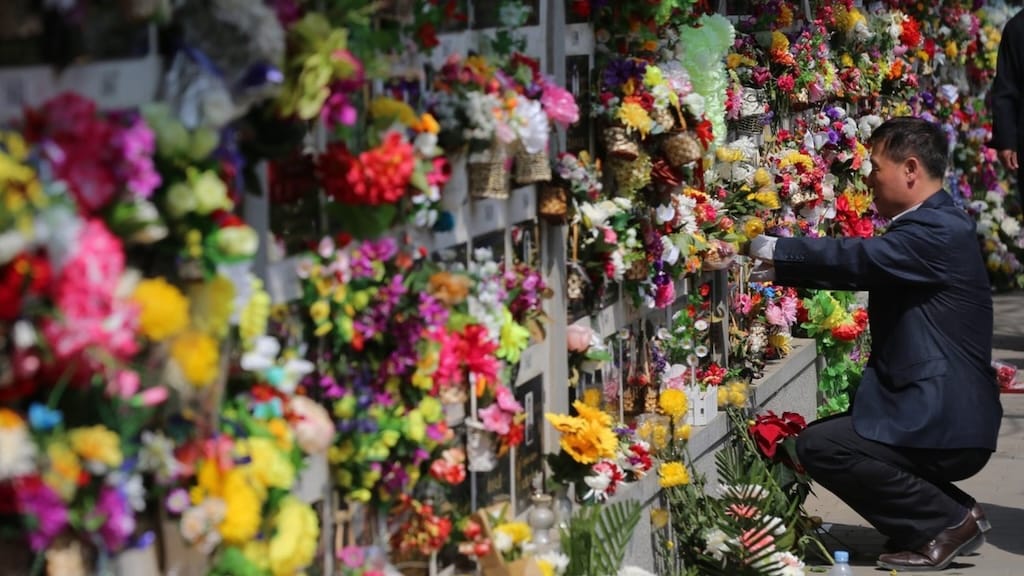
The Qingming Festival: A Deep Dive into China's Tomb-Sweeping Day
The Qingming Festival, also known as Tomb-Sweeping Day, is one of China's most significant traditional holidays. Celebrated annually in early April, it serves as a time for families to honor their ancestors, welcome the spring season, and reconnect with nature.
Rooted in ancient Chinese culture, the Qingming Festival uniquely combines solemn rituals with joyful outdoor activities, offering a blend of reflection, remembrance, and renewal. For anyone interested in understanding Chinese traditions, this festival is an essential experience.
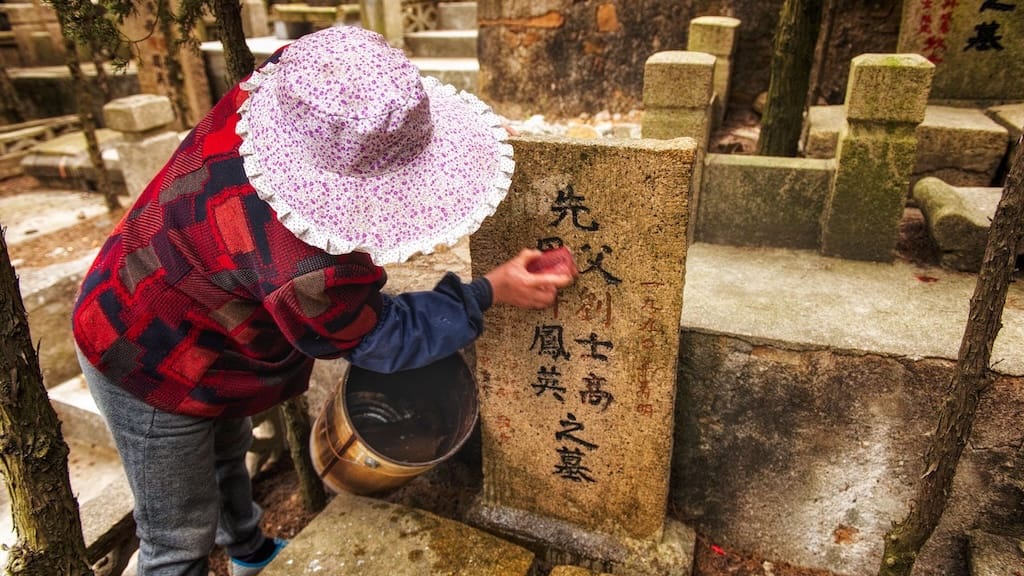
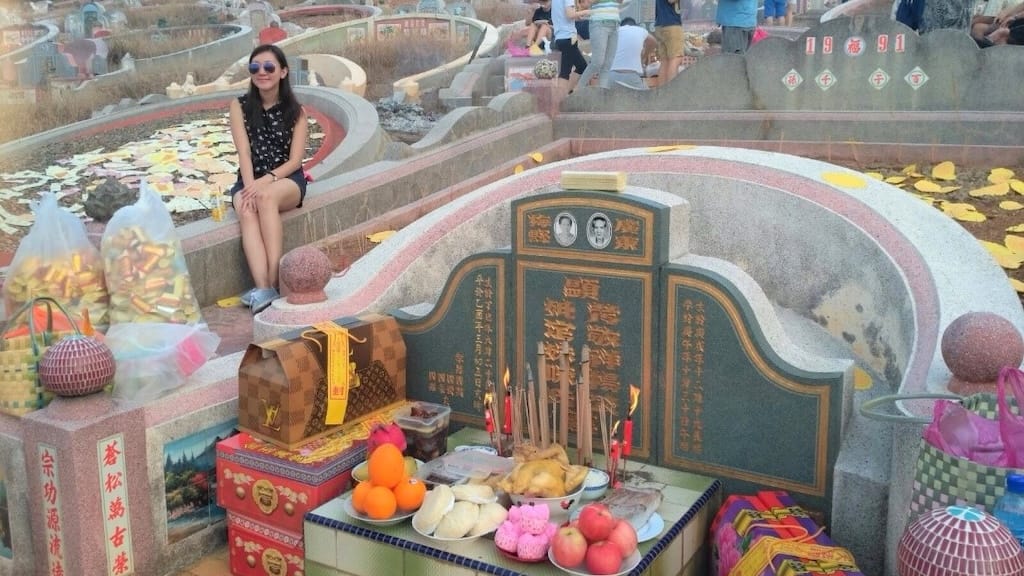
Historical Background
The Qingming Festival boasts a rich history spanning over 2,500 years, tracing back to the Zhou Dynasty. Originally a day to celebrate spring and plant trees, it gradually evolved into a time for honoring ancestors. The name "Qingming" translates to "clear and bright," symbolizing the clear skies and fresh greenery of early spring.
A key historical figure linked to the festival is Jie Zitui, a loyal servant from the Spring and Autumn Period, whose story of sacrifice inspired the tradition of ancestor worship. Today, the festival is a national holiday in China, deeply embedded in the country's cultural heritage.
Typical Activities
The Qingming Festival is characterized by a mix of solemn and celebratory activities. Key highlights include:
- Tomb-Sweeping: Families visit ancestral graves to clean tombstones, offer food, and burn incense and joss paper as a sign of respect.
- Flying Kites: Kite flying is a popular tradition, symbolizing the sending of good wishes to ancestors and the heavens.
- Spring Outings: Many take advantage of the pleasant weather to enjoy nature, visit parks, and admire blooming flowers.
- Planting Trees: Reflecting the festival's agricultural origins, tree planting symbolizes growth and renewal.
- Traditional Foods: Families prepare and share special dishes like qingtuan (green rice balls) and cold food, which are closely associated with the festival.
Traditional Customs
The Qingming Festival is steeped in customs that highlight its cultural and spiritual significance. Visitors can observe:
- Attire: While there's no strict dress code, many wear modest and respectful clothing when visiting gravesites.
- Rituals: The tomb-sweeping ritual involves cleaning gravesites, offering food and flowers, and burning incense and joss paper. Families may also bow or kneel in prayer.
- Music and Dance: Traditional music and folk dances are sometimes performed during community celebrations, adding to the festive atmosphere.
- Food and Drink: Special foods like qingtuan (made from glutinous rice and barley grass) and cold food (prepared in advance and eaten cold) are enjoyed during the festival.
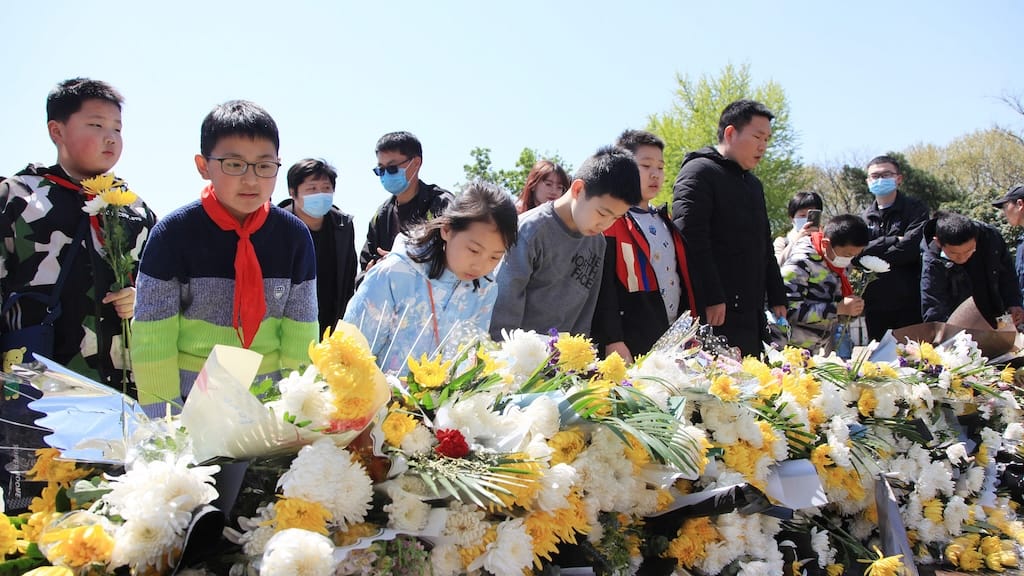
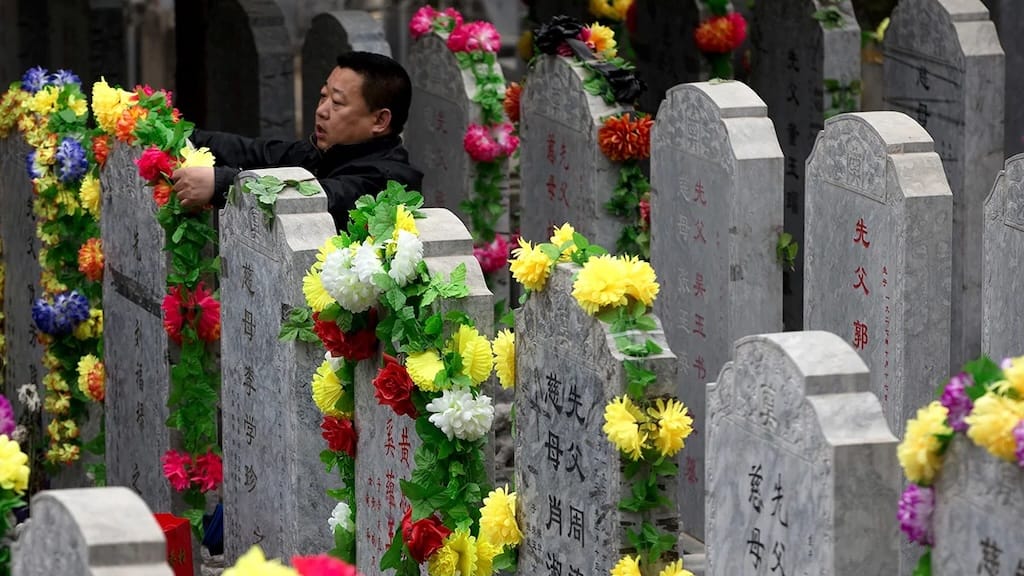
What to Expect
If you're planning to experience the Qingming Festival in China, here's what you need to know:
- When to Go: The festival occurs annually on April 4-6, aligning with the solar term Qingming. The weather is typically mild and pleasant, perfect for outdoor activities.
- Location: Celebrated nationwide, the most vibrant festivities can be found in cities like Beijing, Shanghai, and Xi'an. Rural areas offer a more traditional and intimate experience.
- Tips for First-Timers: Be respectful at gravesites and follow local customs. For outdoor activities, dress comfortably and bring sunscreen and water.
- Accommodations: Major cities offer a range of options, from luxury hotels to budget hostels. Book early, as the festival is a popular travel period.
- Local Experiences: Explore China's stunning parks and historical sites, such as the Great Wall or the Terracotta Warriors, to immerse yourself in the country's rich culture.
Conclusion
The Qingming Festival is more than just a cultural event; it is a profound expression of Chinese values, traditions, and spirituality. From the solemn rituals of tomb-sweeping to the joyous activities of kite flying and spring outings, the festival offers a unique opportunity to connect with China's past and present.
As one of Asia's most significant celebrations, it underscores the enduring importance of family, heritage, and nature in Chinese culture. Don't miss the chance to experience this extraordinary festival for yourself!